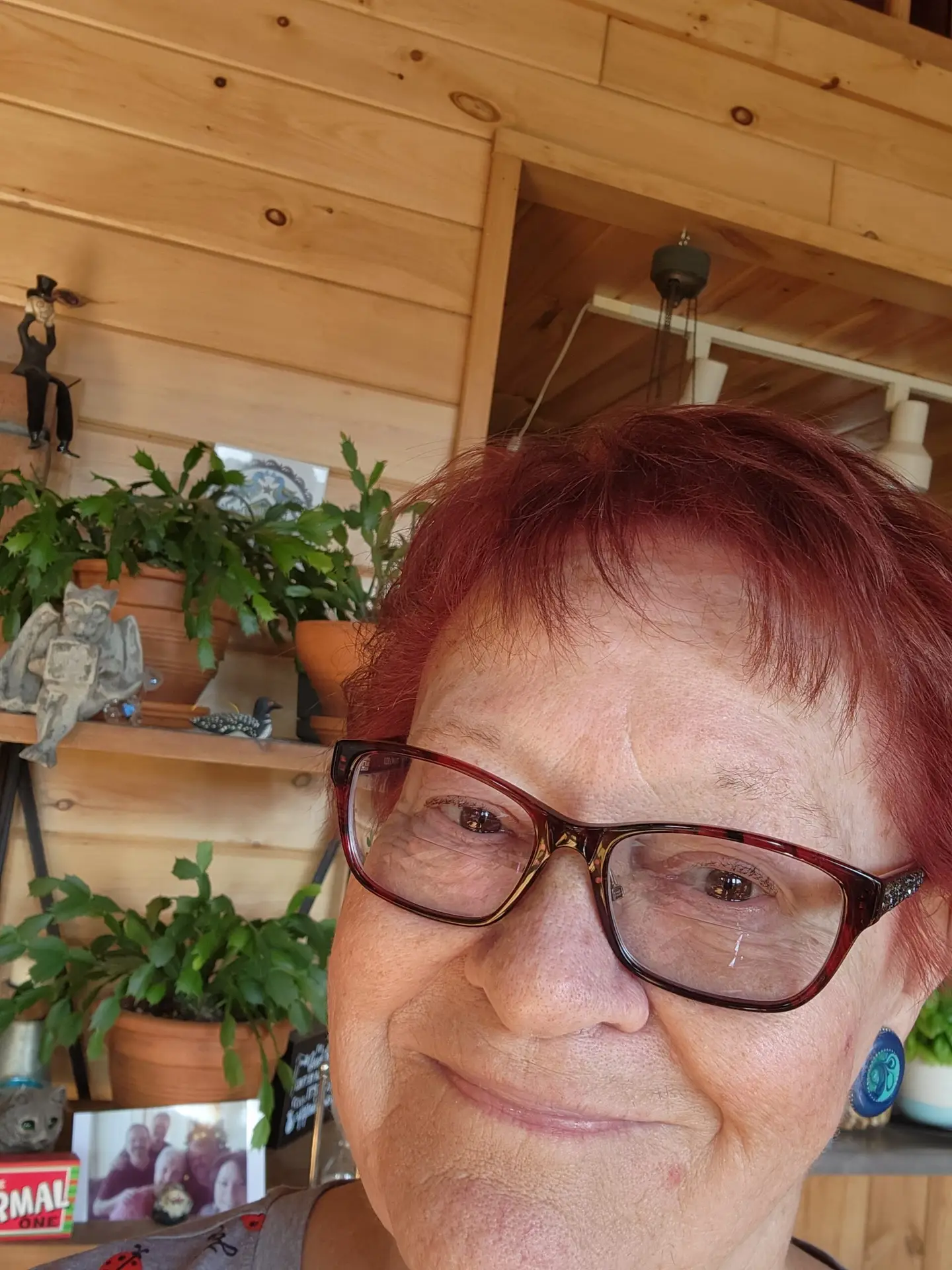“Self-care” is a phrase that has evolved over time, carrying different meanings depending on context. In the realm of mental health recovery, it encompasses every aspect of our well-being—cognitive, physical, emotional, and spiritual. On top of that, we each have unique variables—age, gender, health conditions, and life circumstances—that shape our experiences.
At any given time, we might find ourselves off balance due to different factors. When that happens, we instinctively seek equilibrium—quickly, if possible. That is, until we can’t. Then, the realization sets in: those jokes about “falling apart” or being “like a car where one thing breaks, then another” aren’t jokes at all. They’re reality.
Right now, my focus is primarily physical.
Over the past month, I’ve fallen four times—twice in the same day. My body feels off-kilter, and where there is instability, the first step is reassessment. What’s not working? What could be involved? I’d start with an audiology exam to check for inner ear issues. Physical therapy is essential because my mobility has been compromised. Monitoring blood pressure, blood sugar, weight, and sleep becomes part of the process. The goal is to keep all these elements in balance, juggling them as best as I can. But sometimes, a ball drops. Maybe two. I pick them back up and juggle again.
It’s when I realize I can’t regain equilibrium that fear creeps in. Sadness. Uncertainty. A sense of loss. The thought emerges: Is my life about to change? Grief follows as I wonder—Am I still me?
I don’t have all the answers, especially as I navigate multiple medical appointments. But I hold on—literally. I move cautiously, gripping the table, the chair, the counter, the wall. Maybe I’ll need a cane. Maybe a walker. And even though fear lingers, there’s a shift—Wait a minute…
Here comes the change.
Because life does change.
But a “new normal” doesn’t mean it’s over. It means adapting. Adjusting. Rising.
Carry on, Warrior.







